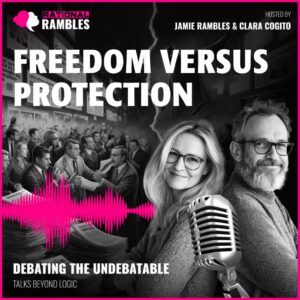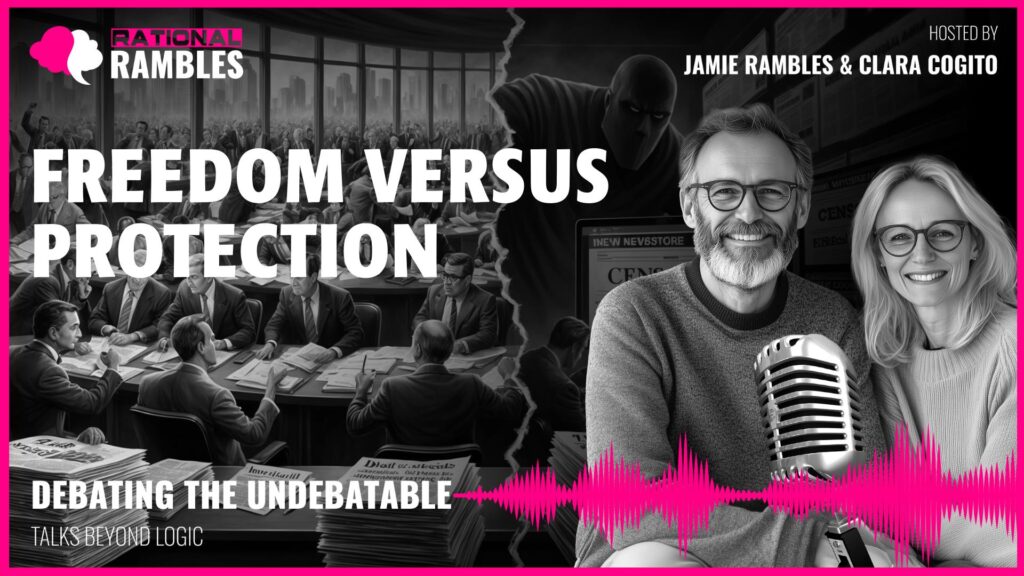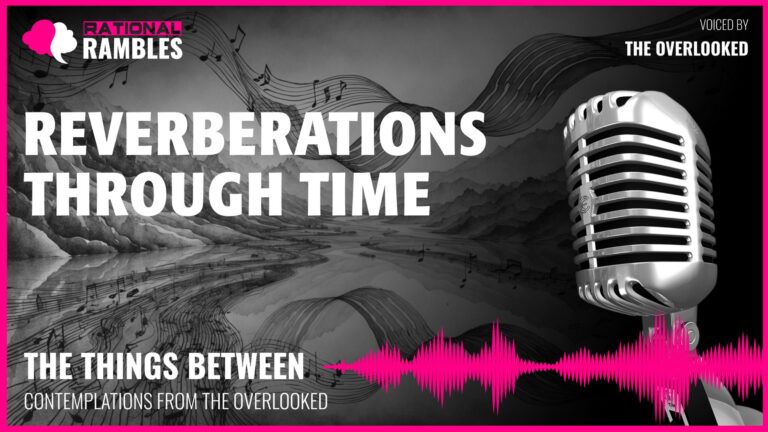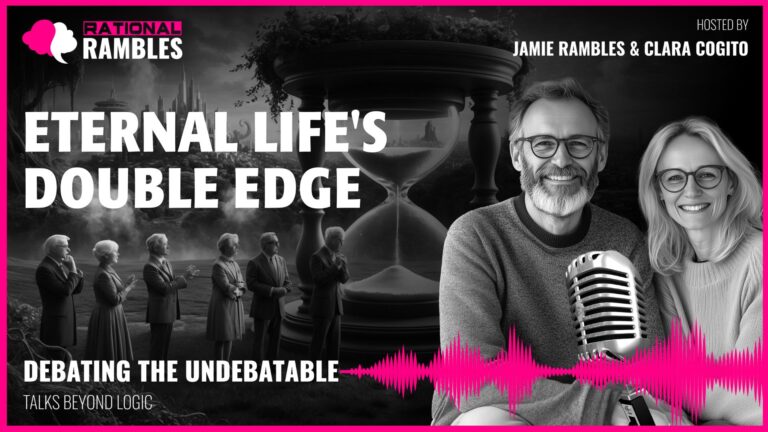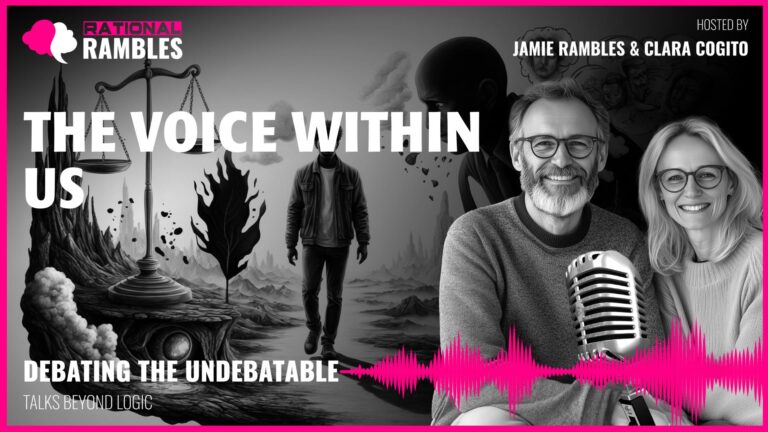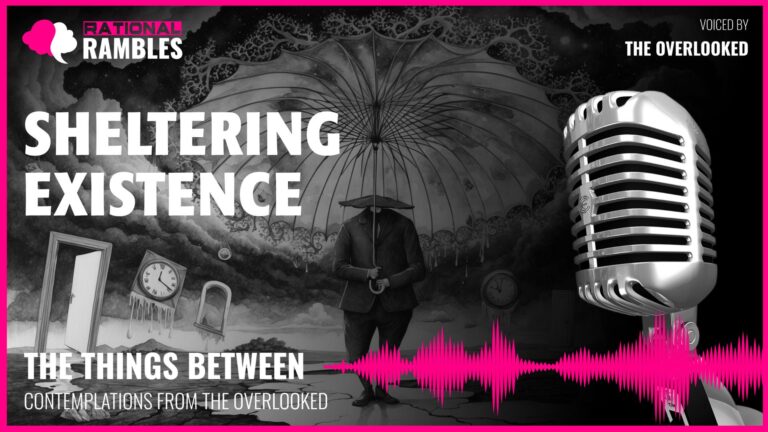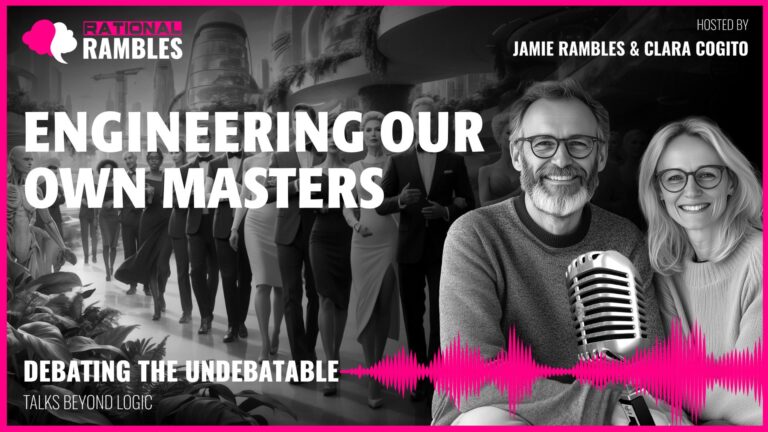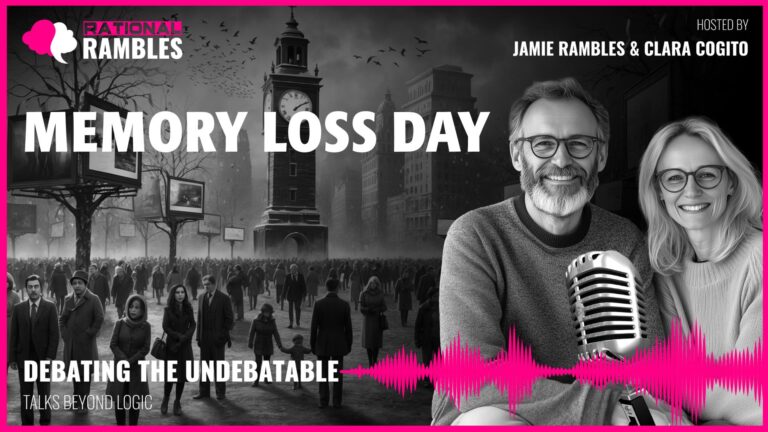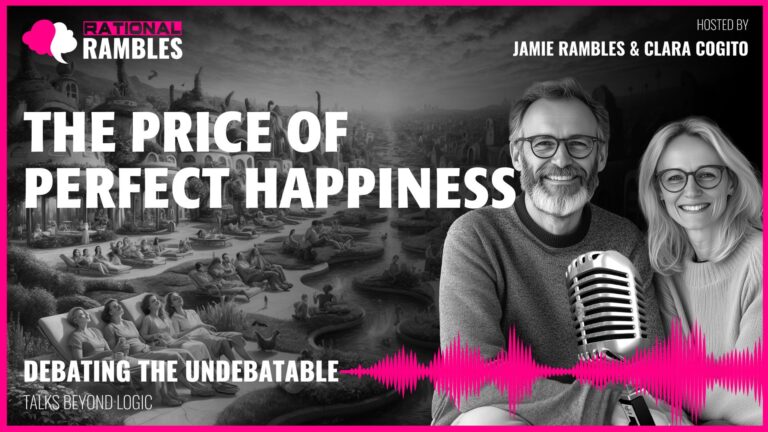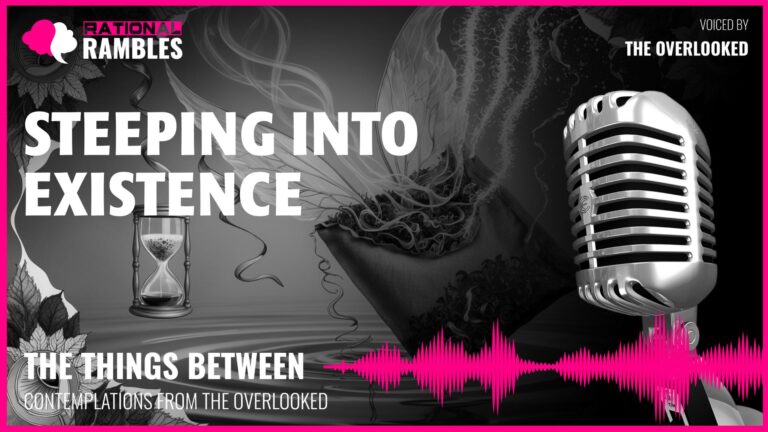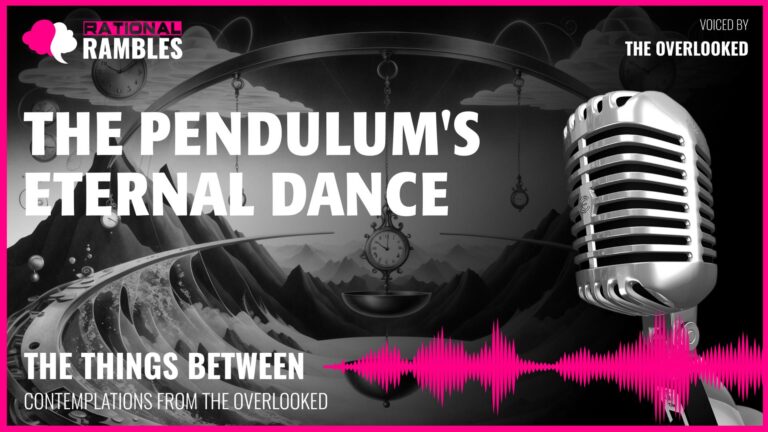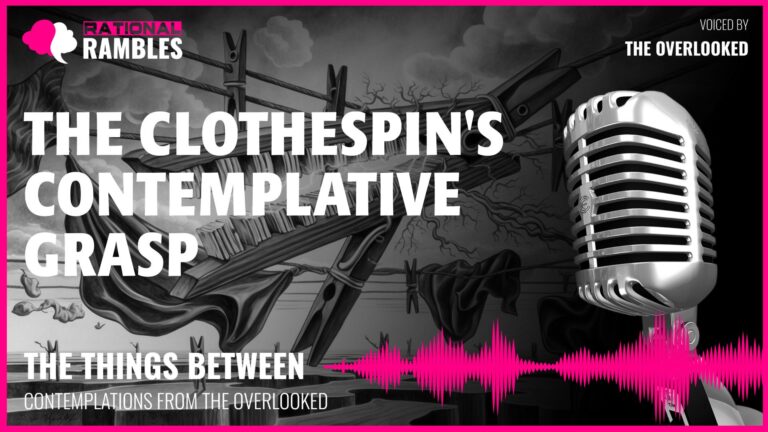Freedom Versus Protection: Navigating Media Ethics in the Age of Misinformation
Introduction: The Tension Between Free Expression and Harmful Content
In our increasingly connected world, we find ourselves caught in a profound philosophical tension between two fundamental values: the freedom of expression and the need for protection from harmful content. This tension manifests most visibly in debates about media freedom versus censorship, raising complex questions about the ethical responsibilities of information providers and the potential need for oversight mechanisms in our digital information ecosystem.
At its core, this dilemma activates our competing psychological needs for both autonomy and security. As humans, we crave the freedom to express and consume ideas without restriction, yet we simultaneously seek protection from content that might cause harm to individuals or society. This mirrors what psychologists call an approach-avoidance conflict—a situation where we are simultaneously drawn toward and repelled by the same object or concept.
The philosophical underpinnings of this tension have deep historical roots, from John Stuart Mill’s defense of free expression as essential to discovering truth to Karl Popper’s paradox of tolerance, which suggests that unlimited tolerance leads to the disappearance of tolerance itself. Yet these classical frameworks emerged in information environments vastly different from our current digital landscape, where algorithmic amplification, viral misinformation, and echo chambers create new complexities and challenges.
This article explores the multifaceted relationship between freedom and protection in media ethics, examining how philosophical principles, psychological insights, and practical considerations can help us navigate this contested terrain. Rather than seeking simplistic solutions, we will investigate how distributed responsibility, epistemic institutions, and information governance might help us preserve the benefits of free expression while mitigating its potential harms.
The Philosophical Case for Media Freedom
The liberal tradition in philosophy has long championed the unrestricted exchange of ideas as essential to human progress and the discovery of truth. John Stuart Mill’s seminal work “On Liberty” provides perhaps the most influential defense of this position, arguing that even false ideas have value in what he called “the marketplace of ideas” because they force us to strengthen our arguments for true beliefs. For Mill, the collision of diverse perspectives—even erroneous ones—ultimately leads to more robust and refined understandings of truth.
The Marketplace of Ideas and Its Limitations
Mill’s marketplace of ideas rests on several assumptions: that people are largely rational actors making reasoned choices, that truth will ultimately prevail in open competition with falsehood, and that the process of encountering diverse viewpoints strengthens rather than weakens our commitment to well-founded beliefs. These assumptions reflected Enlightenment optimism about human rationality and the progressive nature of intellectual development.
However, this idealized model faces significant challenges in our contemporary information environment. The marketplace metaphor assumes equal access and fair competition, but today’s digital platforms use attention-optimizing algorithms that often amplify emotional, divisive, or misleading content over factual, nuanced perspectives. As communication scholar Zeynep Tufekci has argued, we now have “attention markets” rather than idea markets, where success is measured not by accuracy or utility but by engagement metrics like clicks, shares, and comments.
Furthermore, the psychological research of Daniel Kahneman, Amos Tversky, and others on cognitive biases has thoroughly demonstrated that humans are not the purely rational creatures Enlightenment philosophers hoped we were. Our thinking is subject to numerous systematic biases—confirmation bias, availability heuristics, and affect heuristics among them—that make us vulnerable to misinformation, particularly when content triggers our emotional systems through fear or outrage. These cognitive limitations mean that the “marketplace” does not always select for truth but often for content that aligns with our existing beliefs or exploits our psychological vulnerabilities.
Historical Patterns of Censorship
Despite these limitations in the marketplace model, the historical record of censorship provides powerful reasons to remain cautious about content restrictions. Throughout history, censorship has more frequently protected the powerful than the vulnerable. From Socrates being condemned for “corrupting the youth” to books banned for challenging religious or political orthodoxies, the suppression of speech has repeatedly targeted dissenting voices that threatened established power structures.
Even well-intentioned restrictions on expression have demonstrated a troubling tendency to expand beyond their original scope—what legal scholars sometimes call “censorship creep.” What begins as targeting genuinely harmful content can gradually encompass political dissent, cultural criticism, or artistic expression deemed offensive to prevailing sensibilities. For example, laws against blasphemy designed to protect religious harmony have frequently been weaponized against religious minorities and freethinkers.
Moreover, the question of who decides what information should be restricted raises profound concerns about power and accountability. Any governing body empowered to restrict expression would itself be composed of fallible humans with their own biases, agendas, and limitations. Social psychology identifies a phenomenon called “group polarization,” wherein like-minded people deliberating together tend to move toward more extreme positions. A regulatory body that begins with slight ideological leanings might, over time, drift toward increasingly partisan decisions about what content is deemed harmful or impermissible.
Free Expression as Democratic Necessity
Beyond concerns about truth-seeking and historical abuses, free expression serves essential functions in democratic societies. Democracy depends on the free flow of information for citizens to make informed electoral choices, hold power accountable, and participate meaningfully in public deliberation. Restrictions on media freedom can undermine these democratic processes by limiting public access to information about government activities or preventing the airing of diverse political perspectives.
As philosopher Alexander Meiklejohn argued, the primary purpose of free speech in a democracy is not individual self-expression but rather the cultivation of an informed citizenry capable of self-governance. This view suggests that any restrictions on expression must be evaluated not only for their effects on individual rights but also for their implications for democratic processes and institutions.
The democratic necessity of free expression becomes particularly acute in contexts where power is being abused or corruption is occurring. Without robust protections for investigative journalism and whistleblowing, societies lose critical mechanisms for exposing wrongdoing and holding powerful actors accountable. Recent history is replete with examples—from Watergate to revelations about surveillance programs—where free expression served as an essential check on power.
The Case for Media Responsibility and Oversight
While the philosophical case for media freedom remains powerful, equally compelling arguments exist for recognizing certain limits on expression and establishing mechanisms of accountability. These arguments center on preventing harm, addressing modern information challenges, and maintaining the preconditions for meaningful discourse in diverse societies.
The Harm Principle and Its Applications
Even Mill, the great champion of liberty, recognized that freedom of expression cannot be absolute. His “harm principle” states that “the only purpose for which power can be rightfully exercised over any member of a civilized community, against his will, is to prevent harm to others.” The classic example illustrating this limitation is falsely shouting “fire” in a crowded theater—a form of expression that creates immediate danger and serves no truth-seeking purpose.
Modern societies have identified numerous categories of expression that potentially cause sufficient harm to justify restriction: incitement to imminent violence, certain forms of defamation, true threats, child exploitation, and invasion of privacy, among others. These categories reflect a recognition that words can cause real-world harm beyond mere offense or discomfort.
Psychological research supports this distinction between discomfort and harm. Challenging ideas might make us uncomfortable, which can be valuable for growth and learning. However, some content creates actual psychological or physical harm—from targeted harassment campaigns that lead to documented trauma symptoms to health misinformation that results in physical harm when people refuse evidence-based treatments. These harms are not merely subjective feelings but measurable impacts on individual and public wellbeing.
The application of the harm principle becomes more complex in digital environments where content can spread globally in seconds, reaching vulnerable populations or creating coordinated harassment at unprecedented scales. Traditional conceptions of harm developed in slower-moving media environments may require recalibration for digital contexts where the potential for rapid, widespread harm is significantly greater.
Popper’s Paradox of Tolerance
Karl Popper’s paradox of tolerance provides another philosophical framework for considering limits on expression. Popper argued that “unlimited tolerance must lead to the disappearance of tolerance,” because if a society tolerates intolerant speech and behavior without limit, the intolerant will eventually destroy the conditions that enable tolerance itself.
This paradox suggests that even staunch defenders of free expression must acknowledge that certain forms of speech can undermine the very conditions that make free expression possible. A society that permits unlimited advocacy of violence against minorities, for example, may eventually lose the pluralistic character that enables free expression to flourish.
Popper’s solution was not broad censorship but rather the right to suppress intolerance when it threatens to become ascendant. This careful balancing act recognizes both the value of free expression and its potential vulnerability to those who would use that freedom to ultimately eliminate it for others. The challenge lies in drawing these boundaries in principled ways that prevent genuine threats to an open society without becoming tools for suppressing legitimate dissent.
The Illusory Truth Effect and Information Pollution
Contemporary psychological research has identified mechanisms through which unrestricted expression can undermine truth rather than advancing it. The “illusory truth effect” demonstrates that mere repetition of a claim—even one initially recognized as false—makes it seem more plausible to human cognition over time. Our brains process familiar information more fluently, and this processing fluency is mistaken for truthfulness.
In the current media environment, harmful misinformation can be repeated endlessly across platforms, triggering this cognitive vulnerability at unprecedented scales. Research shows that exposure to climate change misinformation, for example, reduces public support for climate policies even when people initially rejected the misinformation. Similarly, health misinformation repeated across platforms has measurable effects on health behaviors, as demonstrated during the COVID-19 pandemic when repeated exposure to vaccine misinformation correlated with reduced vaccination intention.
These psychological mechanisms challenge the Enlightenment assumption that more speech invariably leads to better understanding. In some contexts, the sheer volume and repetition of false claims can overwhelm our cognitive capacities for critical evaluation, leading to what some scholars have termed “information pollution”—an environment where the signal-to-noise ratio becomes so poor that finding truth becomes exceedingly difficult regardless of individual critical thinking skills.
Developmental Considerations
Another important argument for certain forms of media oversight concerns developmental differences in information processing capabilities. Children and adolescents are still developing critical thinking skills and emotional regulation capacities. Content that an adult can evaluate critically might have substantially different impacts on developing minds.
Developmental psychology demonstrates that children develop the ability to distinguish fantasy from reality gradually, with significant individual variation. Similarly, the capacity to identify persuasive intent, recognize cognitive manipulation, and critically evaluate claims develops throughout childhood and adolescence. These developmental realities are why societies already accept certain content restrictions in children’s media, from film ratings to advertising guidelines.
The challenge in digital environments is that content flows freely across boundaries, making it difficult to implement developmentally appropriate protections without creating systems that raise their own privacy and access concerns. This tension highlights the need for nuanced approaches that consider both protective impulses and the legitimate information needs and rights of young people.
Beyond Binary Thinking: Distributed Responsibility and Governance
The traditional framing of media ethics as a binary choice between unrestricted freedom and centralized censorship fails to capture the complexity of our information ecosystem and the range of possible governance approaches. A more productive framework recognizes distributed responsibility across various actors and institutions, each with different roles, capabilities, and ethical obligations.
Platform Architecture and Design Ethics
Digital platforms make countless design decisions that profoundly shape information flows, often with greater impact than explicit content rules. The attention economy and its incentive structures frequently reward sensationalism over accuracy, with research demonstrating that emotionally triggering content—especially content that provokes outrage—spreads faster than neutral information on social media platforms.
These architectural choices actively work against our best cognitive processes by exploiting psychological vulnerabilities rather than supporting deliberative thinking. Platforms can redesign these systems to minimize harmful amplification without directly censoring content—for example, by modifying recommendation algorithms to reduce the spread of content that demonstrates patterns associated with misinformation, implementing friction that encourages reflection before sharing, or providing additional context alongside potentially misleading information.
Design ethics in this context involves asking not only what content should be allowed but how the information environment itself structures attention, engagement, and information evaluation. Simple interventions like asking users to consider accuracy before sharing content have demonstrated significant effects in reducing misinformation spread in experimental contexts. These “choice architecture” approaches recognize that how information is presented profoundly affects how it is processed and shared.
Transparency and Context Rather Than Restriction
Rather than focusing primarily on content restriction, media governance can emphasize radical transparency about how information is created, funded, and distributed. Transparency aligns well with psychological research on trust, which shows that people make better judgments when they understand potential conflicts of interest, methodological limitations, or algorithmic amplification affecting the content they consume.
However, transparency alone has significant limitations. There’s a substantial cognitive burden to processing meta-information, as demonstrated by lengthy privacy policies that few people read. Transparency without usability or comprehensibility does not solve information quality problems. Effective transparency requires not just disclosure but thoughtful presentation of contextual information in ways that support better decision-making without overwhelming cognitive capacity.
This focus on process transparency rather than content restriction shifts the governance question from “is this claim allowed?” to “how was this claim produced, and is that process transparent to users?” This approach echoes philosopher Jürgen Habermas’s concept of the ideal speech situation, where communication legitimacy depends not on specific content but on whether it meets certain procedural standards for authentic discourse.
Polycentric Governance and Information Commons
Elinor Ostrom’s Nobel Prize-winning work on governing commons provides valuable insights for information ecosystem governance. Her research demonstrated that communities can develop effective self-governance systems for shared resources without requiring either privatization or centralized regulation. Information ecosystems can be understood as a type of commons that suffers from tragedy-of-the-commons problems without effective governance structures.
Ostrom’s research showed that successful commons management typically involves users participating in rule creation, graduated sanctions for violations, and mechanisms for conflict resolution. These principles could translate to digital spaces, creating what might be called “information commons” governed through polycentric approaches rather than either market fundamentalism or centralized control.
This polycentric governance would involve distributed responsibility across platform companies, professional media organizations, civil society groups, academic institutions, and user communities—each with different roles but participating in overlapping governance systems. Such approaches align with democratic values better than either unregulated markets or centralized control by creating multiple centers of decision-making power with appropriate checks and balances.
Building Epistemic Capacity: Individual and Institutional Approaches
Beyond governance structures themselves, addressing media ethics challenges requires building stronger epistemic capacities—both individual and institutional—that enable better production, evaluation, and use of information. These capacity-building approaches complement governance frameworks by strengthening the underlying capabilities needed for healthy information ecosystems.
Media and Information Literacy
Media literacy—the ability to access, analyze, evaluate, and create media in various forms—represents a crucial individual-level intervention. Research demonstrates that media literacy education can significantly improve people’s ability to identify misinformation, recognize persuasive intent, and evaluate source credibility. Finland has implemented nationwide media literacy education from early grades, with measurable improvements in students’ ability to identify misleading information.
However, media literacy approaches must avoid placing the entire burden on individuals while ignoring structural factors. Even the most media-literate person can be overwhelmed by sophisticated misinformation campaigns or manipulative algorithms designed to maximize engagement rather than understanding. Individual media literacy is necessary but not sufficient for addressing systemic information quality challenges.
The most effective media literacy approaches treat these skills not as isolated lessons but as ongoing practices integrated across disciplines—students evaluating sources in history, assessing methodology in science, examining rhetorical techniques in literature. This cross-curricular approach aligns with Aristotle’s insight that virtues develop through practice rather than mere instruction. When people internalize epistemic values like accuracy and intellectual honesty as aspects of their identity, research shows they become more resistant to misinformation, even when it aligns with their political preferences.
Digital Epistemic Institutions
Beyond individual literacy, societies need what philosophers call “epistemic institutions”—social structures that help evaluate knowledge claims more effectively than isolated individuals could manage. Libraries, universities, scientific journals, and professional journalism have traditionally served this function, providing infrastructures for knowledge validation and distribution.
The digital age requires new epistemic institutions adapted to the scale and pace of modern information flows. These might include collaborative fact-checking platforms, credibility scoring systems, discipline-specific knowledge bases, or community review mechanisms. These institutions would serve as scaffolding for individual critical thinking—not telling people what to believe but providing context and structure that make evaluation easier.
Importantly, these digital epistemic institutions could be designed developmentally, providing more support for new users or younger people while allowing greater autonomy as users develop stronger epistemic skills. This developmental approach recognizes that epistemic capacity exists on a spectrum that changes with education and experience rather than being a binary attribute.
Epistemic Communities and Shared Standards
Research on “epistemic communities”—groups that share methods for validating knowledge while allowing for disagreement on conclusions—provides another framework for information quality improvement. Scientific disciplines function this way, with community members agreeing on methodological standards while vigorously debating specific findings or interpretations.
Rather than attempting to impose universal content standards across diverse domains, media governance might focus on helping epistemic communities articulate and apply their own standards more effectively in digital contexts. This approach would clearly distinguish different types of content—clearly signaling opinion versus reporting, speculation versus established fact, or partisan perspective versus attempts at neutrality.
This approach acknowledges epistemological diversity—different ways of knowing appropriate to different domains—while maintaining domain-appropriate standards for evidence and argumentation. It avoids both rigid universal standards that fail to account for context and complete relativism that makes shared discourse impossible.
Addressing Specific Challenges in Media Ethics
With these philosophical frameworks and governance approaches in mind, we can more productively address specific challenges that arise in contemporary media ethics debates. These cases illustrate how principled approaches can navigate complex ethical terrain without resorting to either absolutist free speech positions or heavy-handed censorship.
Health Misinformation During Crises
Public health emergencies like the COVID-19 pandemic create particularly acute tensions between expression values and harm prevention. When misinformation about treatments, preventative measures, or vaccines spreads rapidly, the consequences can include preventable illness and death. These situations raise difficult questions about whether government health agencies should have the power to demand content removal or should be limited to countering misinformation with better information.
This scenario triggers what psychologists call the trade-off between Type I and Type II errors—essentially false positives versus false negatives. If authorities can remove content, they might prevent harm from dangerous misinformation (avoiding a Type II error), but they might also incorrectly remove valuable information or legitimate scientific dissent (creating Type I errors).
The challenge becomes even more complex when considering historical examples where official narratives proved wrong. Scientific consensus evolves, and what seems like dangerous misinformation at one point might contain elements of truth that later become accepted. The lab leak hypothesis regarding COVID-19 origins provides a contemporary example—initially dismissed as misinformation but later considered plausible by many scientists.
A balanced approach might include graduated interventions based on evidence quality and potential harm, transparent criteria for content moderation decisions, independent oversight of government removal requests, and robust appeals processes. This framework would acknowledge the special risks during health emergencies while preserving space for evolving scientific understanding and legitimate dissent.
Political Misinformation and Democratic Processes
Electoral periods present distinct challenges for information governance, as misinformation about voting procedures, candidates, or electoral outcomes can undermine democratic participation and legitimacy. The tension here involves balancing electoral integrity against concerns about government or platform companies influencing political discourse.
Historical evidence demonstrates that election misinformation can have concrete impacts on voter participation and trust in democratic institutions. Studies of voter suppression tactics show that false information about voting requirements or procedures disproportionately affects marginalized communities and reduces participation rates. Similarly, prolonged challenges to election results based on debunked claims have measurable effects on institutional trust and democratic legitimacy.
However, decisions about political content are inherently sensitive, raising concerns about partisan influence or suppression of legitimate political discourse. Effective governance approaches in this domain require exceptional transparency, nonpartisan oversight mechanisms, clear distinctions between factual and interpretive claims, and special protections for core political speech.
Initiatives like pre-bunking (inoculating audiences against misinformation tactics before exposure), authoritative information resources about electoral procedures, and rapid response systems for addressing procedural misinformation have shown promise in addressing the most harmful types of electoral misinformation while minimizing political neutrality concerns.
Algorithmic Amplification and Systemic Harms
Many contemporary media ethics challenges involve not discrete harmful content but systemic patterns of algorithmic amplification that can damage individual wellbeing or social cohesion. Research demonstrates that recommendation systems optimized for engagement metrics frequently promote increasingly extreme content, conspiracy theories, or divisive material that generates strong emotional reactions.
These algorithmic patterns can create harm even when individual content pieces would not meet traditional thresholds for restriction. For example, studies of radicalization pathways show that algorithmic recommendations can lead users from mainstream political content to increasingly extreme viewpoints through incremental steps, none of which individually crosses clear harm thresholds.
Addressing these systemic harms requires algorithmic accountability mechanisms focused on outcomes rather than individual content moderation. Approaches might include algorithmic impact assessments, external researcher access to platform data, diversity requirements for recommendation systems, or shifting platform legal obligations from content-based liability toward system design responsibilities.
This focus on systemic patterns rather than individual content pieces offers a promising direction for addressing digital harms while minimizing direct content restriction. It recognizes that in complex sociotechnical systems, the architecture and incentives often matter more than individual speech acts.
The Path Forward: Balancing Freedom and Responsibility
As we navigate the complex ethical terrain of media freedom and responsibility, several principles emerge that can guide more productive approaches to these challenging questions. These principles acknowledge both the essential value of free expression and the legitimate concerns about harmful content in modern information environments.
Embracing Nuance Beyond False Binaries
First, we must move beyond simplistic binaries of censorship versus absolute freedom toward more nuanced frameworks that recognize different types of content, contexts, and governance approaches. Different domains may require different standards—health information during a pandemic raises different considerations than artistic expression or political opinion.
Similarly, different intervention types—from content removal to labeling, demonetization, algorithmic demotion, or context addition—create distinct forms of speech governance with varying implications for expression values. These interventions exist on a spectrum rather than a binary choice between unrestricted amplification and complete removal.
This nuanced approach allows for context-sensitive governance that considers factors like audience vulnerability, potential harm magnitude, truth value, public interest relevance, and speaker intent when determining appropriate responses to potentially harmful content.
Prioritizing Transparency and Accountability
Whatever governance approaches we adopt, transparency and accountability must be central principles. Historical abuses of speech restrictions often occurred through opaque processes without meaningful oversight or appeal mechanisms. Modern governance systems must be designed with strong checks and balances, diverse oversight bodies, transparent decision criteria, and accessible appeals processes.
This transparency extends to the processes behind content creation and distribution as well. Users deserve clear information about how their information environment is curated, including algorithm functioning, content origin, context that might affect reliability, and financial incentives that might influence content.
Accountability mechanisms should include not only formal oversight but also robust empirical assessment of outcomes. Governance systems should be evaluated based on their actual effects on information quality, harm reduction, and expressive diversity rather than ideological assumptions about optimal approaches.
Building Positive Capacity Rather Than Just Restricting Harm
Perhaps most importantly, addressing media ethics challenges requires shifting focus from content restriction toward building positive epistemic capacities—both individual and institutional. This reflects an important insight from positive psychology: promoting wellbeing requires more than just eliminating problems.
A healthy information ecosystem needs both targeted protections against the most harmful content and positive structures that elevate quality information and build evaluation capacities. Educational systems, epistemic institutions, design improvements, and community governance all play crucial roles in creating environments where quality information can flourish.
This capacity-building approach acknowledges that freedom of expression is essential but insufficient without corresponding structures that help us use that freedom wisely. Just as political freedom requires supporting institutions like independent courts and civic education, informational freedom requires epistemic institutions and media literacy to function effectively.
Conclusion: Toward Healthier Information Ecosystems
The tension between media freedom and protection from harmful content represents one of the defining ethical challenges of our digital age. While easy answers remain elusive, this exploration suggests that productive approaches lie not in choosing between freedom and protection but in designing information ecosystems that support both values simultaneously.
The path forward involves targeted, transparent, and accountable interventions against the most harmful content, combined with substantial investments in individual and institutional epistemic capacity. This isn’t a simple binary of censorship versus absolute freedom, but rather a recognition that healthy discourse requires certain conditions and capabilities that must be actively cultivated.
These complex socio-technical challenges require interdisciplinary approaches drawing on philosophy, psychology, design, law, and the lived experiences of diverse communities. No single framework or discipline can fully address the multifaceted nature of our information environment.
Ultimately, the governance of our information commons should reflect the very principles we hope to nurture in public discourse—reasoned dialogue across different perspectives, acknowledgment of uncertainties, transparency about processes and values, and commitment to building shared understanding despite differences. By embodying these principles in our governance approaches, we move toward information ecosystems that truly serve human flourishing in all its complexity.


